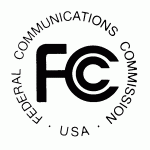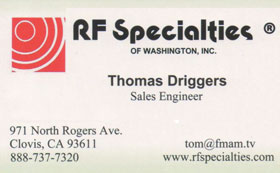Even though Congress did not protect them in its recent auction legislation. FCC chairman Tom Wheeler said that low power TV is an important voice that the FCC will work to preserve after the incentive auction. Wheeler said at a recent oversight hearing in the House Communications Subcommittee, that help for LPTVs and translators—low-power retransmitters of high-powered stations to hard-to-reach areas—would take three forms: First, the FCC will help them find channels if they get displaced, he said. Second, the FCC is opening a rulemaking on letting them share channels if they are displaced, as full-power stations voluntarily giving up their spectrum are allowed to do. Third, they won’t have to vacate their channels until wireless companies are ready to turn on their service—which will likely be several years after the 2016 auction.
Wheeler did not pledge to give LPTVs priority over unlicensed devices in the TV band if only a single channel remains after the repack, but he did say the “vacant channel” priority to unlicensed would only apply to a handful of markets, and even then would likely effect few if any LPTVs. Also testifying at the hearing was senior Republican commissioner Ajit Pai, who said he thought LPTVs should get priority over unlicensed devices in the TV band, rather than reserving the last channel for unlicensed. Subcommittee chairman Greg Walden (R-Ore.), a former broadcaster who had experience with radio translators said he was concerned that translators would go dark in favor of unlicensed devices and suggested the FCC had a public interest obligation to try and prevent that.Wheeler noted that it was Congress— that had given LPTVs no priority in the auction while at the same time was encouraging freeing up more spectrum for unlicensed. Wheeler said the FCC was “breaking our tails” to balance competing interests, a point he made about the auction in general.


